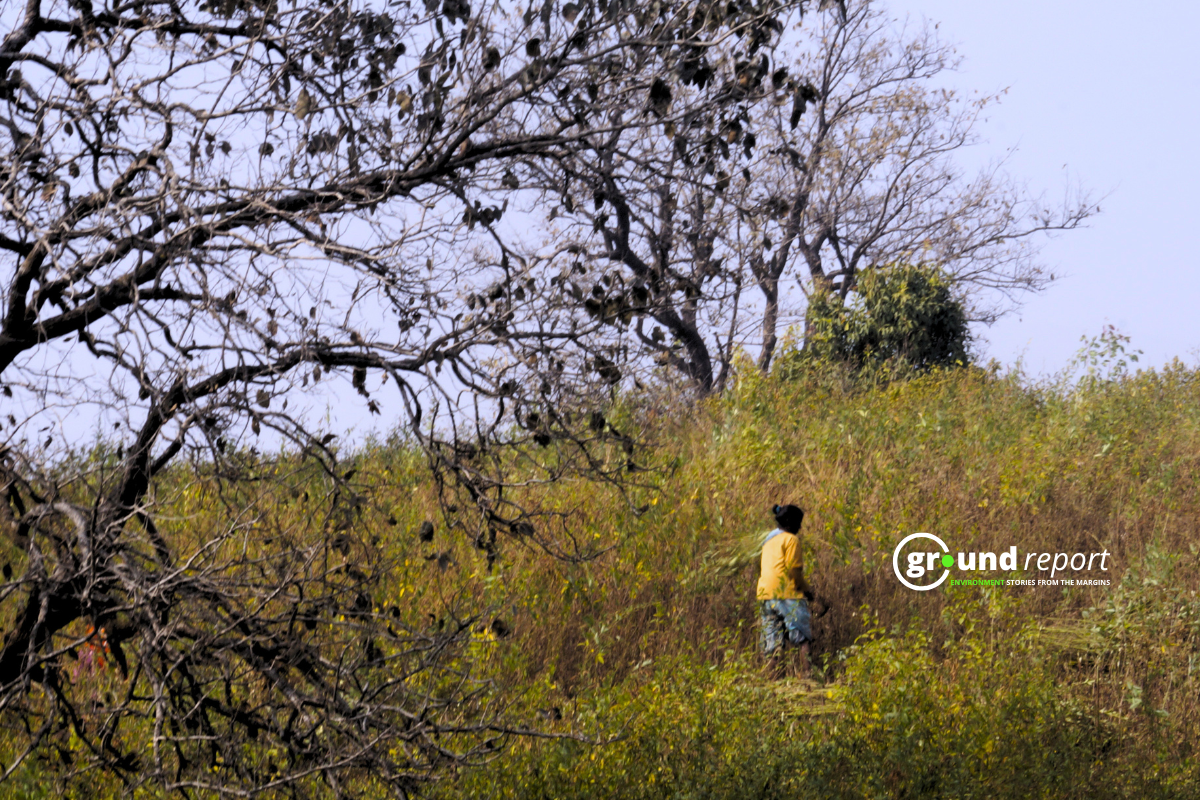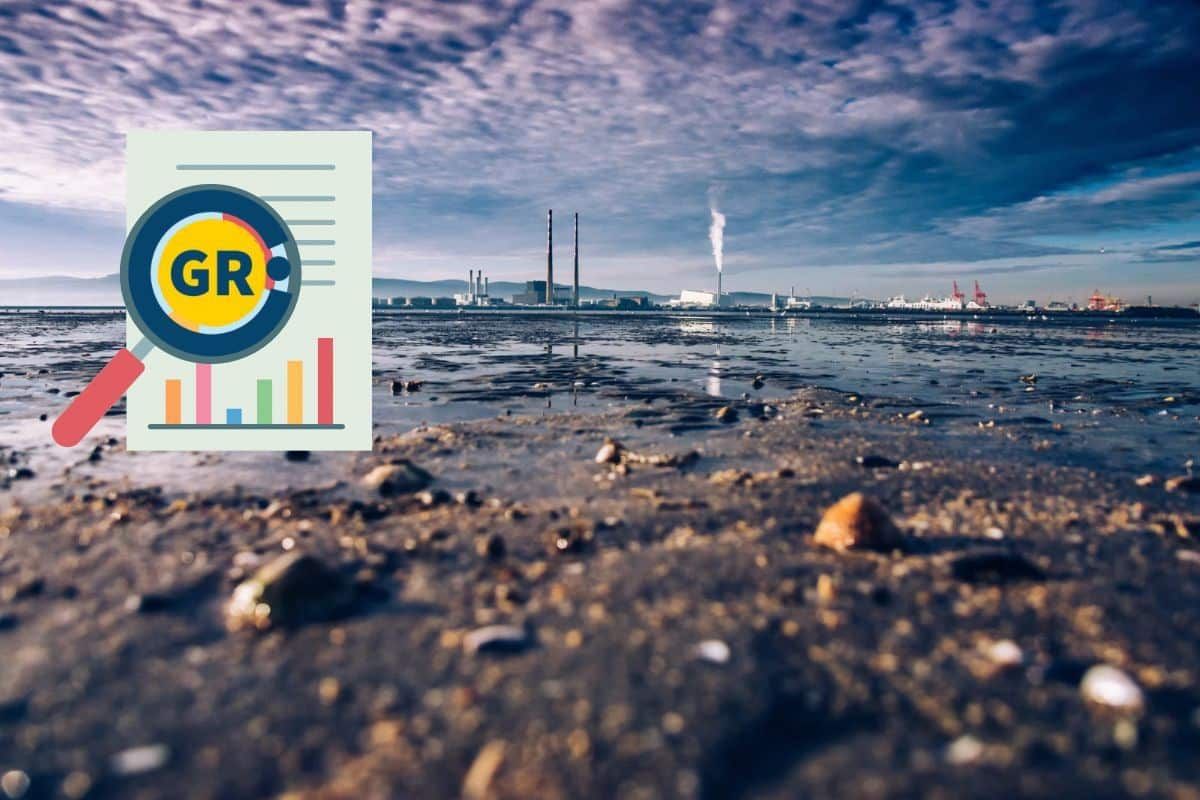Hong Kong, a vibrant and bustling metropolis, faces a series of environmental problems that demand immediate attention and collective action. Despite its economic prosperity, the city is dealing with severe air pollution, with increasing landfill waste, plastic pollution, food waste, biodiversity loss, and water pollution. These pressing concerns pose significant threats to public health, ecological balance, and the general quality of life for its nearly 7.5 million residents.
Air pollution
Air pollution remains one of the major environmental concerns in Hong Kong. According to a recent study published in the journal The Lancet Planetary Health, outdoor air pollution contributes to the premature death of nine million people worldwide each year.
Densely populated areas of Hong Kong, including Causeway Bay, Central, and Mong Kok, often exceed World Health Organization (WHO) guidelines for air quality. The city’s reliance on fossil fuel-powered motor vehicles and the influx of regional smog from marine vessels and industrial power plants contribute significantly to deteriorating air quality.
Landfill waste
The increase in landfill waste in Hong Kong presents a daunting challenge. The city generates about 4.17 million tons of solid waste a year, which causes an increase in landfill gases that contribute to global warming.
As the population continues to grow and the use of single-use plastics and takeaway packaging increases, the volume of waste sent to landfills is only increasing.
Despite efforts to reduce waste and the recent introduction of the Waste Charge Scheme, Hong Kong needs more sustainable solutions to manage its growing waste dumps.
Plastic pollution
Plastic pollution is stifling Hong Kong’s natural beauty, with a staggering 21% of the city’s total municipal solid waste comprising plastics. The excessive use of single-use plastic containers and cutlery, especially during the pandemic, has exacerbated the problem.
While some companies have embraced biodegradable and compostable packaging, most still rely on low-cost, non-recyclable materials. The lack of an efficient recycling infrastructure further exacerbates the plastic crisis, leaving Hong Kong with limited options to address this pressing environmental issue.
Loss of biodiversity
Hong Kong’s rich biodiversity is under threat due to rapid urbanization and land reclamation. Habitat destruction and illegal wildlife trafficking pose serious challenges for local species, such as the iconic pink dolphins, whose numbers have declined dramatically.
Despite recent legislative efforts to combat the illegal wildlife trade, more measures are needed to protect and preserve the city’s unique biodiversity.
Water pollution
Hong Kong’s marine environment, which covers approximately 1,700 km², faces significant water pollution challenges. Historically, the discharge of raw sewage and sewage into the sea caused an increase in pollutants, reduced oxygen levels, and an increase in bacteria.
More recently, the COVID-19 pandemic has added to the marine pollution crisis, with tons of plastic waste, including single-use masks, flooding the city’s waters.
Keep Reading
11 deadliest Heat waves in world history
What Is Highest Temperature Any City Surpassed On Earth So Far?
China Records Highest Ever Temperature, What Does It Means To World?
Why Are High Wet-Bulb Temperatures So Dangerous?
Support us to keep independent environmental journalism alive in India.
Follow Ground Report on X, Instagram and Facebook for environmental and underreported stories from the margins. Give us feedback on our email id greport2018@gmail.com.
Don’t forget to Subscribe to our weekly newsletter, Join our community on WhatsApp, and Follow our YouTube Channel for video stories.









